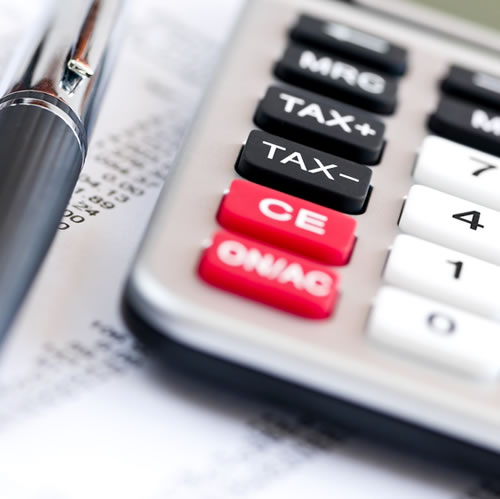It helps if you know the regime for the self-employed. Today I’m going to attempt to explain payments on account, as this seems to catch people out.
HMRC Payments On Account explained
When you submit your tax return, the size of your tax bill doesn’t just depend on your profits for the year – it also depends on whether your total tax bill is more than £1000. Once you get above that threshold HMRC require you to start making payments “on account” for the next year. A lot of people find this outrageous, especially if they have been just below the threshold for several years (something that often happens to start-ups), but it makes more sense when you realise that by 31st January you are already 10 months into the current year so having to pay 6 month’s worth of tax still means you are ahead – you should have that money.
I like a good scenario, so let’s imagine for a moment that you have set up selling things online. The first year you only make a small profit. By the time you have deducted your personal allowance you have a tax bill of £250. Very happy with this, you pay up by 31 January and sit back, safe in the knowledge you can forget about tax until next January.
Next January comes around, your long-suffering accountant finally manages to prise your books from you mid-month and does a sterling job of completing your accounts and tax return by 31st to present you with a tax bill to be paid that day. You know you’ve done roughly twice as well as last year, so you are expecting a tax bill of around £500. Imagine your shock when your accountant tells you to pay £3000!
It works like this: you may have doubled your profits, but you haven’t doubled your personal allowance so ALL the extra profit is taxable, hence a tax bill of £2000. As this is over the £1000 threshold, HMRC also want a payment on account for the next year at 50%, hence the additional £1000. It is all very logical from HMRC’s point of view, but to the average tax payer it seems like a strong disincentive to ever grow the business.
You can’t avoid payments on account, so do the next best thing – prepare! Put money away each month – if you want to how much talk to your accountant. Better yet, don’t leave it until January to get your accounts done, don’t even wait until the end of the year. Invest in some accounting software and know where you are financially right now.




